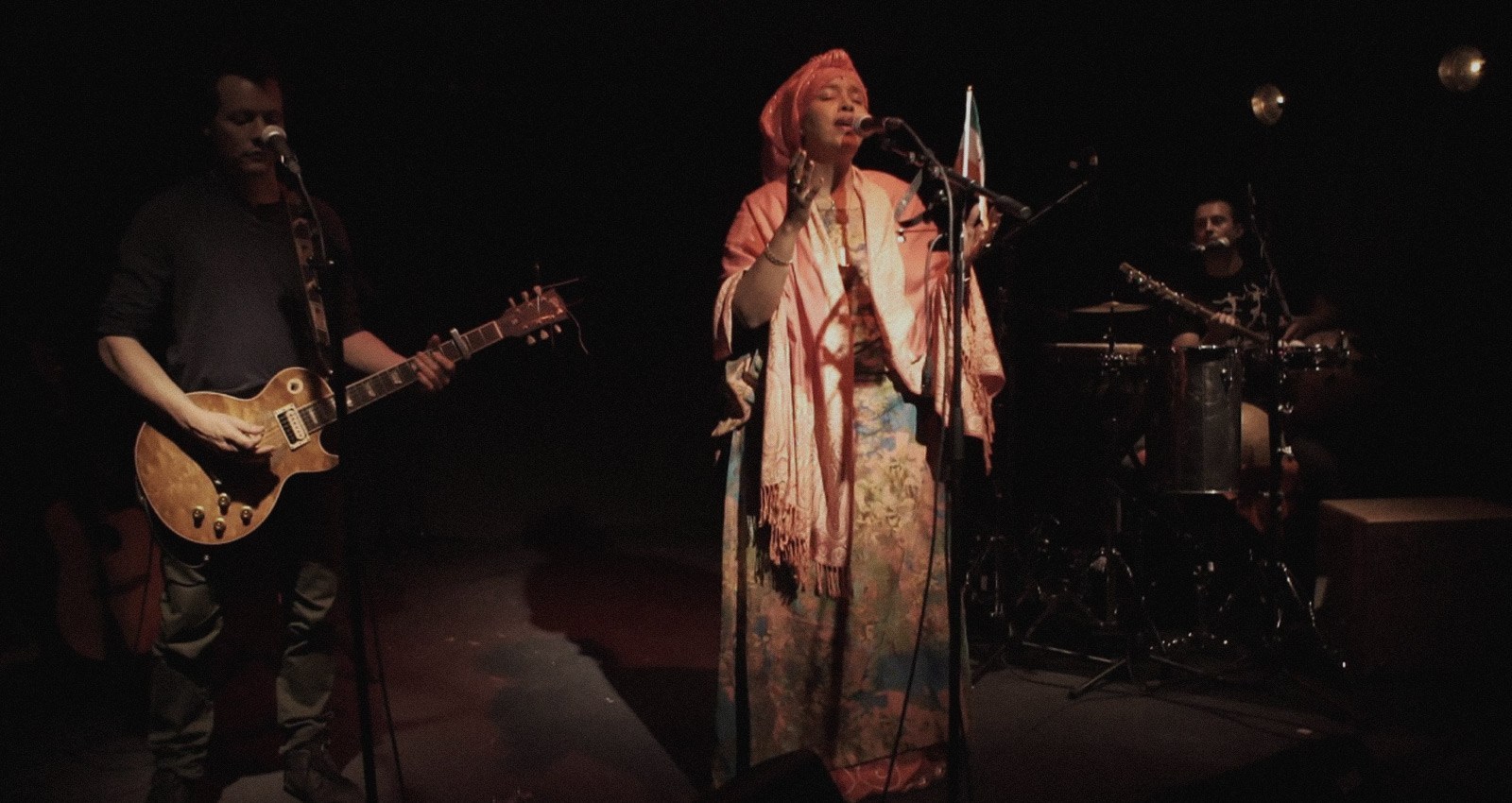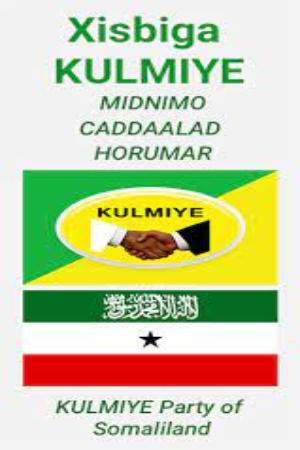“My dream was to create a place where my people could come together, play, sing, laugh, and be happy,” says vocalist Sahra Halgan, the founder of Hiddo Dhowr, Somaliland’s first music venue since the collapse of a dictatorship in the early ’90s. “It’s a place where they can learn about their culture and be proud of it.” A proud Somalilander, Sahra exudes strength and determination. As a woman, a musician, former refugee, and creative entrepreneur in Somaliland, she’s had to overcome her fair share of challenges. Yet she continues in her mission to promote Somaliland’s culture. “Many people don’t know that Somaliland exists,” she says. “Even young people here are not aware of our culture. They don’t know about all the rich things that we have.” With the Sahra Halgan Trio, the group she founded as a refugee in Lyon, France, Halgan has toured the world—raising Somailand’s flag at every opportunity. “I would love the world to know that I am a Somalilander,” she says. “To know how rich we are in terms of culture, language, music, and traditions.”

A complex history
A former British protectorate, Somaliland—a territory to the north of Somalia, close to Djibouti— existed as a sovereign entity for only five days after independence in 1960 before joining southern Somalia, which had also just gained independence from Italy. Together, they formed the new Somali Republic, which was governed for nine years by an unpopular government put in place by the Italians. In 1969, General Mohamed Siad Barre led a military coup and took power. Despite his authoritarian rule, Barre invested in the arts, and the music scene flourished. Sporting the latest fashion— afros and bell bottom trousers, sequined jackets and platform shoes— Somalis and tourists danced at trendy beachfront clubs, where bands entertained with a unique blend of funk, reggae, afrobeat, and traditional Somali melodies and rhythms.
Analog Africa’s Mogadisco – Dancing Mogadishu (Somalia 1972-1991) is only the latest in a series of reissues and compilations to capture the exuberance and optimism of the Golden Era, those years between 1970 and the late 1980s. The compilation, for which label founder Samy Ben Redjeb spent three weeks rummaging through reels of old tapes in Mogadishu, includes the sounds that defined an era: Dur Dur’s mix of funk, disco, and traditional Saar music, delivered through hypnotic organ riffs and Sahra Dawo’s soaring vocals; Iftin Band’s spacey synths and spaghetti-western-like guitars; Omar Shooli’s reggae bounce; and Bakaka Band’s organ-led, funk jams.
As outlined in the liner notes for the compilation Sweet As Broken Dates, Hargeisa had traditionally been the cultural epicenter of the Somali world, and was known as the “hoyga suugaanta,” the home of Somali music; gradually, attention shifted to the more cosmopolitan Mogadishu, with its palm fringed beaches and leafy boulevards. Still, although more conservative, Hargeisa maintained its own lively arts and culture scene.
“Before the civil war, Hargeisa was a very beautiful and peaceful city” recalls Sahra. “We had a theater, we had music concerts, people went out dancing and in the evenings we would uncover and style our hair.”
But things were soon to change: by the late 1980’s, an economic downturn plunged Somalia into crisis, and the regime became more repressive. Musicians fled, and the Somali National Movement (SNM) in Somaliland took up arms against Barre and fought for secession. Sahra joined the SNM, and worked as a self-taught nurse alongside the rebels who were hiding in the scrubby hills outside the city. When there was no medicine, she would soothe the injured with her voice. “People were taking part and contributing whatever they could to the war, and the only thing I could contribute was to sing.” Barre responded to the secessionist movement with a brutal bombing campaign, reducing the city to rubble.






